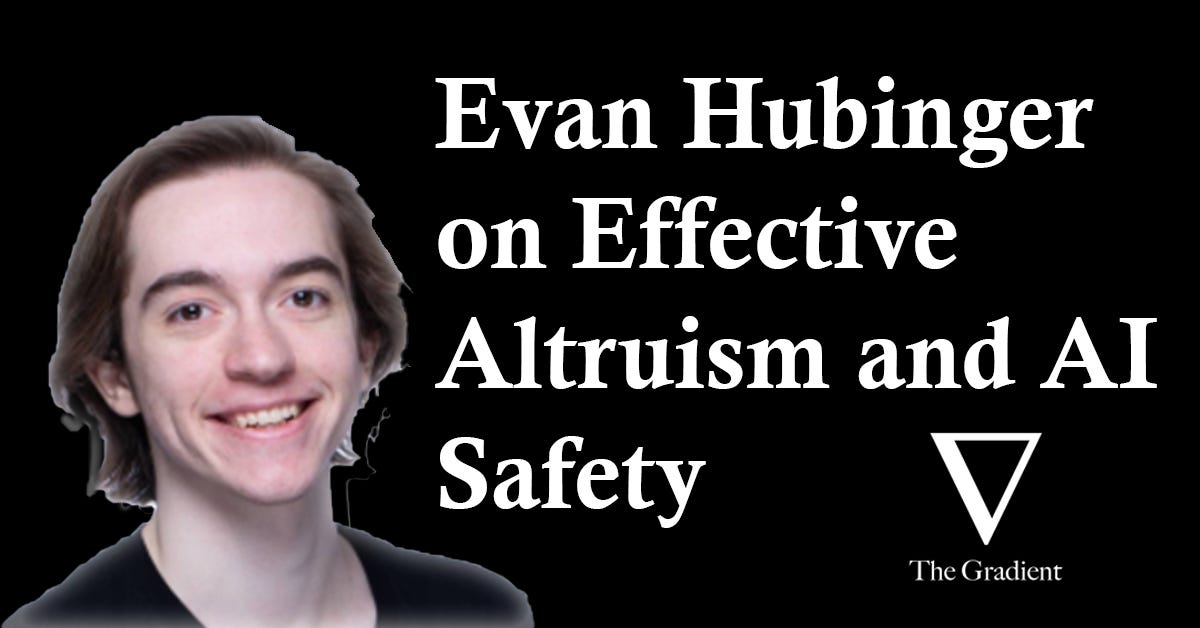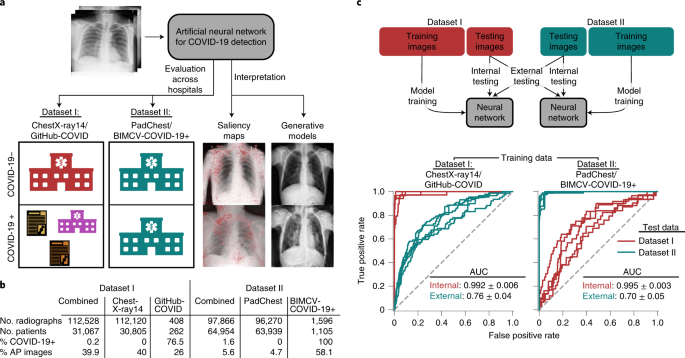
AI and the Last Mile 2. - by Hollis Robbins (@Anecdotal)
In AI and the Last Mile, I focused on what algorithms can't capture, local expertise and human knowledge. Long before ChatGPT began striving to understand local context, the Catholic Church’s principle of subsidiarity offered a rule that was simple but profound: push decisions to the lowest effective level. Let local experts take responsibility. What works at the local level – letting parish priests rather than Vatican officials handle community issues – might guide us for the most intelligent deployment of AI systems. The "last mile" problem isn't new.
The principle of subsidiarity as formally articulated in Catholic social teaching comes from Pope Pius XI's 1931 encyclical Quadragesimo Anno, which stated that it is "a grave evil and disturbance of right order" to transfer to larger organizations what "lesser and subordinate organizations can do." The concept became operational in modern governance through the 1992 Maastricht Treaty, which established subsidiarity as a core principle of European Union law, specifying that the EU should act only if objectives cannot be sufficiently achieved by member states. These two documents establish our modern understanding of subsidiarity. (I drew upon this principle explicitly as a dean, deferring to academic departments decisions best made by department faculty, occasionally referring to departments as “parishes.”)
How might this principle help us understand new AI systems? Most of the LLMs on the market centralize enormous amounts of data through unified models to generate broadly applicable outputs. Yet these systems struggle with local context, current information, and specific circumstances – not only because of technical limitations, but also because their fundamental architecture prioritizes finding patterns across vast datasets rather than preserving specific, local knowledge. This tension between centralized processing and local accuracy mirrors the very problems that subsidiarity was designed to address.








.jpg)












